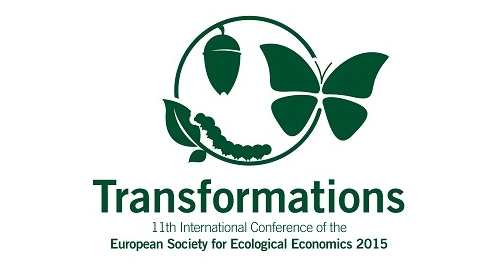
conference paper: ESEE conference 2015, Leeds
Authors: Martin Sauber, Benedikt Weihmayr
Abstract
In the post-growth debate a rising number of authors advocate monetary reforms (100%-Money, Full Reserve Banking), whose intention it is to prevent banks from creating deposits and establish the central bank as the sole issuer of money. This paper investigates the macroeconomic consequences of issuing debt- and interest-free money. A central issue in the context of a non-growth economy is the reduction of interest-rate-growth-differential (IRGD). From a monetary-Keynesian perspective, we conclude that in an open economy these reforms rather lead to higher interest rates and therewith worsen the conditions of reaching a stationary economy. However, in a closed economy or an alliance of leading currencies at the top of the currency hierarchy, a sovereign money system could decrease the interest rate and therefore mitigate issues induced by a positive IRGD. In this context we raise the question, if not conventional measures are more efficient to reduce IRGD and increase effective demand.
